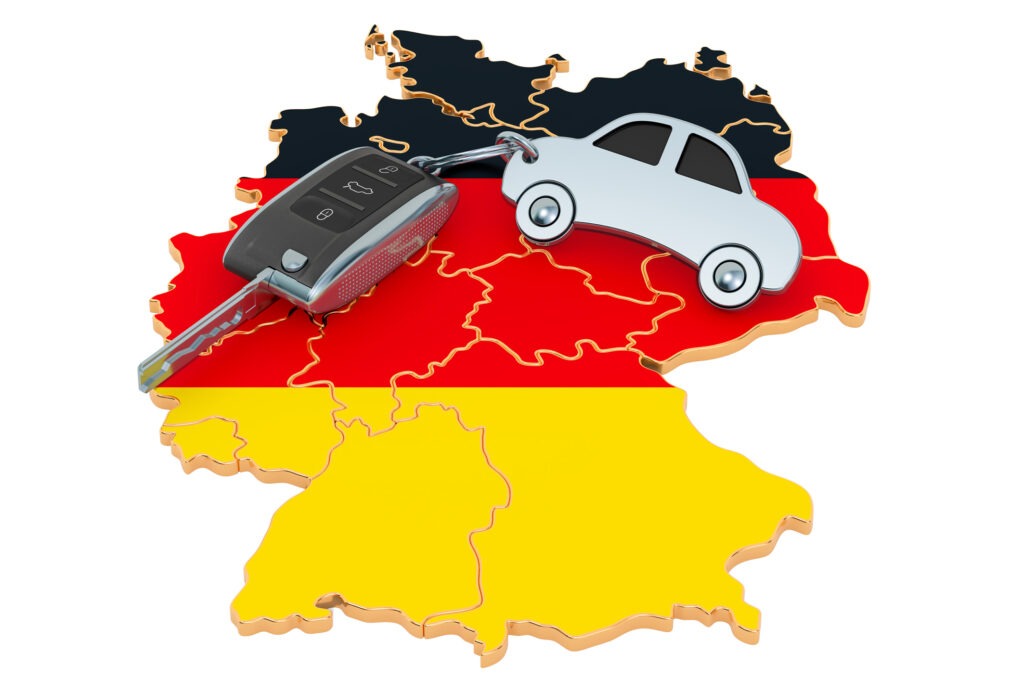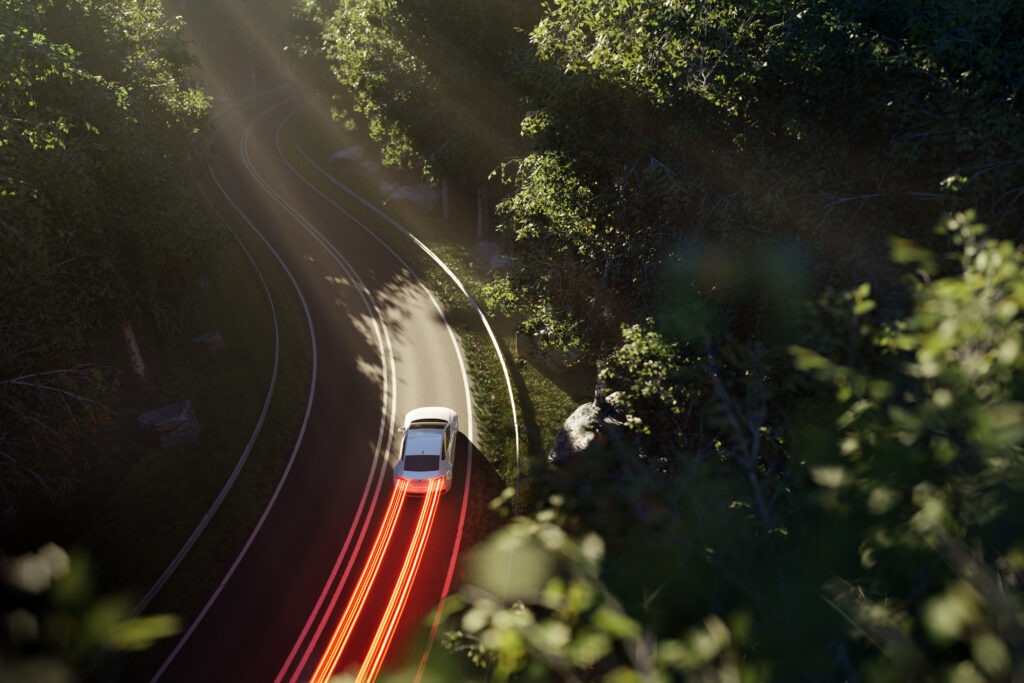German new-car registrations plunged in December as EV bonus withdrawn early
05 January 2024

Germany saw 241,883 new cars take to the road in December, down 23% year on year. Industry bodies claim the disruption was caused by the early withdrawal of the environmental bonus for electric vehicle (EV) purchases.
December’s decline was the steepest registration drop the country experienced in 2023, ending a mostly positive year on a harsh note. The latest data from the Kraftfahrt-Bundesamt (KBA) reveals that across all 12 months, 2023 was up 7.3% on 2022, with 2.84 million cars registered.
Incentive implications
On 17 December, the German government abruptly ended incentives for EVs, with no new purchase applications for the environmental bonus considered. The move came following negotiations around the Climate and Transformation Fund, which saw €60 billion removed from its budget.
The government confirmed all funding applications submitted prior to the cut-off date would be processed. However, industry bodies saw the withdrawal as a point of major concern. A survey carried out by the ZDK revealed that as many as 60,000 EV sales were affected by the sudden stop to the bonus.
The figures showed that 30,000 electric vehicles were ready for delivery at the end of 2023s. Meanwhile, purchase contracts for a further 30,000 had been concluded, with deliveries scheduled for 2024.
‘The trust in a comprehensible and rational federal government policy to promote electromobility has been massively damaged. You cannot deal with industry or small and medium-sized businesses like that,’ said ZDK president, Arne Joswig.
‘We need a clear and predictable funding policy in order to regain the trust of customers. To do this, politicians must show us viable and reliable ways to at least get close to the postulated goal of 15 million electric vehicles by 2030,’ Joswig added.
While December’s figures will have seen some influence from the withdrawal, 2024 will likely see a greater impact. However, consumers were not totally without help at the end of 2023. In an effort to keep purchases incentivised, many carmakers stepped in to cover the state’s share of the bonus.
The coming 12 months will see Germany act as a case study for other countries that are still reliant on incentives to aid EV uptake. France has recently amended the list of vehicles eligible for its ecological bonus, while automotive bodies in Italy and Spain are calling for more government aid, as BEV registrations struggle.
Meanwhile, the UK has not offered any EV incentives since the middle of 2022. While the country has seen its BEV market grow, registrations of the technology have dropped considerably in the last few months.
Purchases pushed forward
The VDA pointed out that December’s slump could also be the result of a difficult comparison point against the previous year. The end of 2022 saw a registration surge ahead of the reduction of incentives for battery-electric vehicles (BEVs) and the ending of aid for the purchase of plug-in hybrids (PHEVs).
‘This led to a strong special effect at the end of the year, as customers brought forward car purchases in order to benefit from the even higher subsidies,’ the association explained. While 2023 saw a similar effect, the impact on registration figures was not as strong.
A similar phenomenon occurred earlier in 2023 when BEV incentives for businesses were withdrawn in September. All-electric registrations were pulled forward as companies sought better rates.
Deliveries of the powertrain rose by 170% year on year in August ahead of the change, with the overall market growing 37.3%. This was followed by a 28.6% BEV slump in September, pulling the wider new-car market into a decline of 0.1.%.
BEV registrations rising
Across 2023, a total of 524,219 BEVs were registered, up 11.4%, taking a market share of 18.4%. PHEVs, meanwhile, recorded 175,724 deliveries, down 51.5% and accounting for 6.2% of the new cars taking to the roads.
A category consisting of full hybrids (HEVs) and mild hybrids (MHEVs) captured 23.4% of the German new-car market in 2023 with 664,580 deliveries. A combination of cars powered by liquefied and natural gas recorded 14,474 registrations, taking 0.5% of the market.
Registrations of petrol-powered cars increased by 13.3%, hitting 978,660 units. This meant the powertrain made up 34.4% of the German new-car market. With 486,581 units, diesel deliveries grew by 3%. Despite this increase, the share of vehicles powered by the fuel fell, accounting for 17.1% of registrations, down from 17.8% in 2022.
Germany’s average CO2 emissions from cars increase across the year, up by 4.9% to 114.9g/km. This is the first rise in average emissions since the 2019 introduction of WLTP when annualised reporting began. The country will need to rely on the sale of low and zero-emission vehicles to help reduce its emissions, a task that may be more difficult without purchase incentives.



